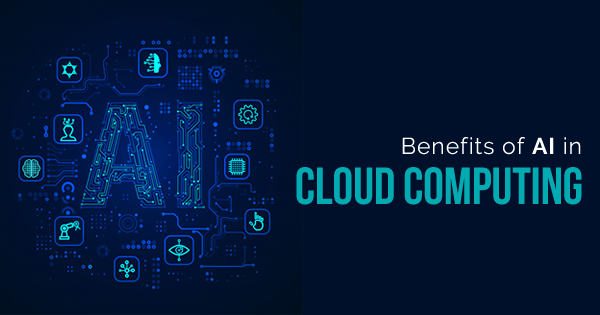The financial industry is witnessing a technological shift driven by Artificial Intelligence (AI) and Blockchain. AI enhances efficiency through automation, predictive analytics, and fraud detection, while blockchain provides security, transparency, and decentralization. Together, these technologies are transforming banking, payments, lending, and asset management, creating a more intelligent, efficient, and secure financial ecosystem.
Key Applications of AI and Blockchain in Finance
1. Fraud Detection and Risk Management
- AI-driven models analyze real-time transaction patterns to detect fraudulent activities before they occur.
- Blockchain ensures immutable and transparent financial records, preventing data manipulation.
- AI and blockchain together create an adaptive fraud prevention system, improving security and compliance.
2. AI-Powered Smart Contracts for Automation
- Blockchain-based smart contracts execute transactions automatically when predefined conditions are met.
- AI enhances smart contracts by enabling dynamic execution and adaptive decision-making.
- This eliminates the need for intermediaries, reducing costs in lending, insurance claims, and settlements.
3. Decentralized Identity Verification
- AI-powered facial recognition and biometrics enable fast and accurate identity verification.
- Blockchain stores encrypted identity credentials in self-sovereign identity (SSI) systems.
- This approach minimizes fraud and enhances security in Know Your Customer (KYC) and Anti-Money Laundering (AML) compliance.
4. AI-Driven Credit Scoring and Lending
- Traditional credit scoring relies on limited financial history, but AI analyzes alternative data sources like spending patterns and employment trends.
- Blockchain provides tamper-proof credit histories, ensuring trust in lending decisions.
- This combination enables fairer credit access and reduces the risk of loan defaults.
5. Algorithmic Trading with Blockchain Transparency
- AI-driven trading bots optimize investments by analyzing market trends and historical data.
- Blockchain provides auditable and tamper-proof trading records, preventing insider trading.
- Together, they create a secure and efficient trading environment with reduced risks.
Transforming Financial Sectors with AI and Blockchain
1. Banking and Payments
- AI streamlines automated loan approvals, chatbots, and fraud detection.
- Blockchain enables fast and secure cross-border transactions without intermediaries.
- AI and blockchain improve transaction efficiency, reduce costs, and enhance financial inclusion.
2. Decentralized Finance (DeFi)
- AI-powered risk models optimize DeFi lending, staking, and automated market-making.
- Blockchain eliminates intermediaries, offering secure and transparent financial services.
- AI-driven bots enhance yield farming and investment strategies in DeFi ecosystems.
3. Asset Tokenization and Investment Management
- AI assesses market trends and asset valuation for tokenized stocks, real estate, and commodities.
- Blockchain ensures secure and fractional ownership, allowing greater investor participation.
- AI-powered analytics optimize portfolio management and risk assessment.
4. Secure and Transparent Voting in Corporate Governance
- AI prevents voter fraud in corporate decision-making processes.
- Blockchain ensures verifiable and tamper-proof voting records in shareholder meetings.
- This combination strengthens corporate transparency and accountability.
Challenges and Future Considerations
1. Scalability and Performance Bottlenecks
- Blockchain networks face transaction speed limitations, but AI can optimize performance through predictive scaling.
- Hybrid blockchain solutions with layer-2 scaling improve efficiency.
2. Data Privacy and Regulatory Compliance
- AI requires large datasets, but blockchain’s immutability complicates data modification.
- Financial institutions must balance data privacy, compliance, and ethical AI usage.
3. High Implementation Costs
- Integrating AI and blockchain demands significant investment in infrastructure and expertise.
- Financial organizations need to assess ROI and long-term benefits before widespread adoption.
The convergence of AI and blockchain is revolutionizing financial services by enhancing security, efficiency, and accessibility. As technology advances, this combination will drive smarter banking, decentralized finance, and risk-optimized investment strategies, shaping the future of the financial industry.




